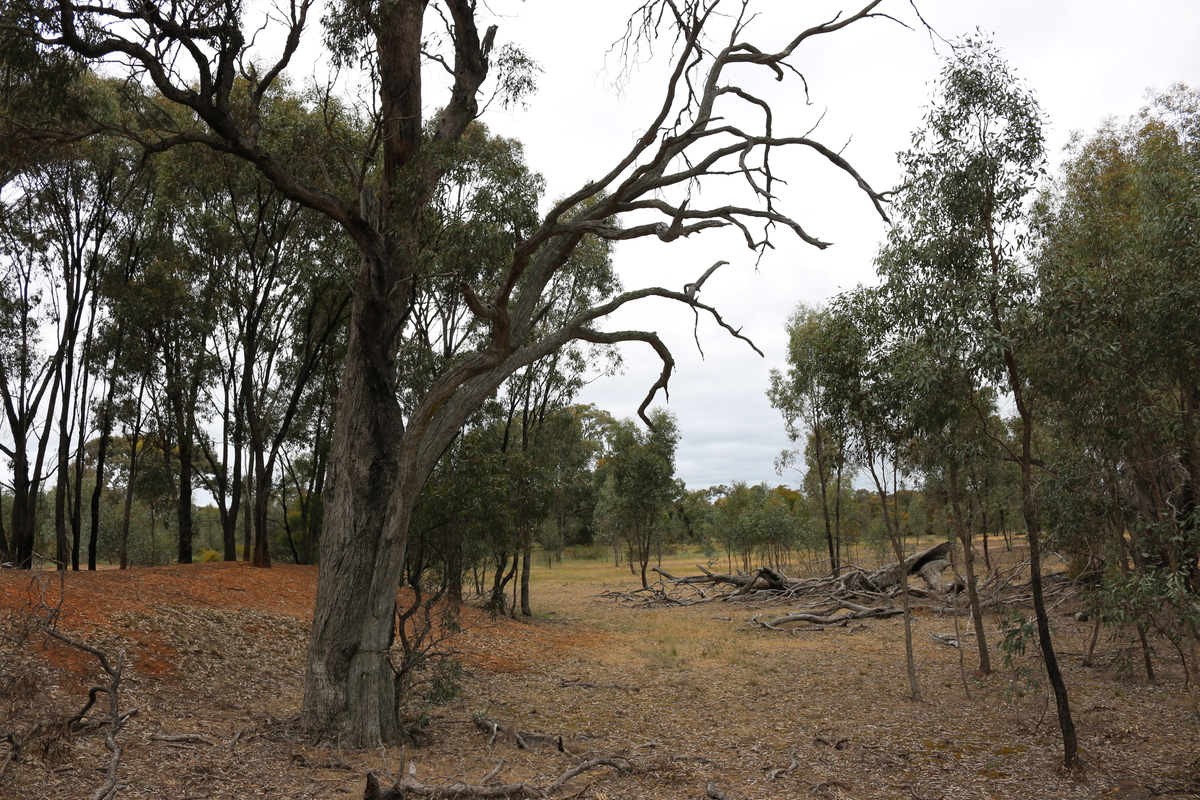Keen to reduce your plastic waste but finding it all a bit hard? Do your bit for the environment (and your conscience) with these top eco tips and workarounds.
Most of us know the score with single-use plastics: they’re bad. Really bad. And while the majority of us are pretty diligent about packing our groceries into reusable tote bags (and reusing plastic shopping bags if there’s absolutely no other option), there are a few other things we can do at the supermarket to avoid plastic.
1. Utilise bulk bins
Most supermarkets and health food shops allow you to stock up on things like nuts, flours, rice and grains from self-serve bulk bins. This is a really simple way to negate your plastic waste – just remember to bring your own reusable containers from home.
2. Invest in reusable produce bags
We definitely don’t need a plastic bag for our apples or bananas, but what about smaller produce like peas, beans or a handful of baby spinach leaves? Stock up on a few reusable mesh produce bags to use instead – or have a crack at sewing together your own.
3. Choose products stored in glass or wrapped in paper
Where you can, choose products that are stored in glass, paper or plastic that has already been recycled. Most condiments, drinks, toilet paper, crisps and yoghurt are available to buy in glass or paper packages.
4. Avoid plastic-wrapped fruit and vegies
If buying fresh produce in plastic is unavoidable, and you’re in desperate need of a punnet of berries or cherry tomatoes, ask your supermarket to investigate growers who use compostable containers. Otherwise, bypass the supermarket and stock up at your local farmers market or co-op instead.
5. Hit up the butcher, baker, deli and fishmonger
Grabbing your mince and sausages from the fridge is extremely convenient, but it also leaves you with a plastic tray to dispose of (or worse – a polystyrene one, which isn’t recyclable). Instead, buy things like meat, fish, bread and cheese from the butcher, deli or bakery, where it can be wrapped in paper or stored in a reusable container. And when it comes to bread, save some dough and make your own (pun absolutely intended).
6. Reduce, reuse, refill
Buy refills of things like hand wash, washing detergent and surface sprays, or make the switch to a service like ZeroCo, a home-cleaning home delivery service that negates the need for any single-use plastics. You could also try your hand at making your own cleaning products – bicarb soda, white vinegar, and a few drops of essential oil is a great all-purpose cleaner. We hear cleaning Tik Tok is big on bi carb and white vinegar.
7. Get periods? Get this.
The average menstruator will use around 12,000 pads and tampons throughout their lives – that’s around 120 kilos –the majority of which contain plastic. Fortunately, there is a range of great sustainable options available, but two of the best products on the market are moon cups and period undies. Moon cups (or menstrual cups) last for around 10 years, while period undies will last anywhere from two to five years, which saves a bunch of waste from going to landfill.
If plastic is the only option…
Firstly, don’t beat yourself up; sometimes it’s impossible to get a paper-wrapped option or you can’t make it yourself (as Bank Australia customer John discovered with Tim Tams on his plastic-free journey). If you must buy plastic, make sure you can recycle it at the end of its life. Most local councils won’t collect soft plastics, so take these to a collection bin at your supermarket, where it can be turned into outdoor furniture, bollards and signage.
Find out more about how Bank Australia customer John Rbeiz went plastic free, and how you can do it too.




.png)



